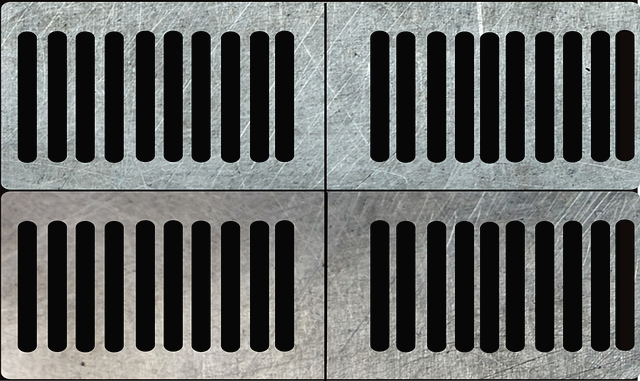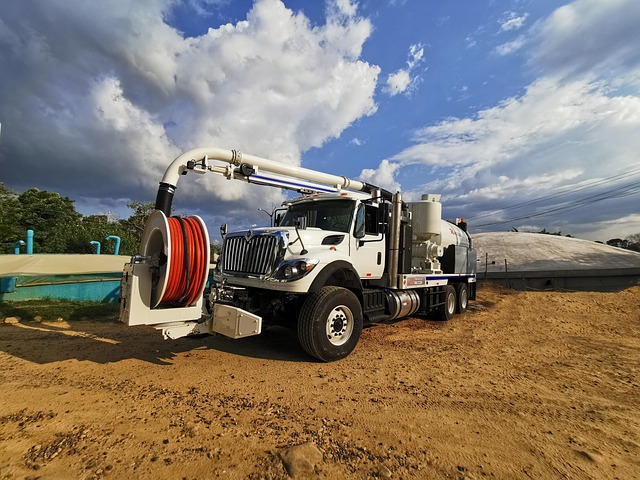Before tackling sewer line repairs, assess damage (clogs vs structural), consider your line's age and material, and evaluate costs. A Sewer Line Repair Guide helps with minor issues, but complex leaks or structural damage need professional expertise for safe, effective solutions. DIY methods save labor but may cost more in tools; professionals offer quick fixes at a higher price but ensure long-term solutions.
“Unsure whether to tackle that leaky sewer line yourself or call in a professional? This comprehensive Sewer Line Repair Guide equips you with the knowledge to make an informed decision. We break down common issues, guide you through DIY repair steps, and highlight when it’s best to leave it to the experts. From understanding sewer line repair needs to finding reliable professionals, this resource has you covered. Whether you choose DIY or professional service, be prepared with the right tools, knowledge, and safety precautions.”
- Assessing Your Sewer Line Repair Needs
- – Understanding common sewer line issues
- – Factors to consider before choosing a repair method
Assessing Your Sewer Line Repair Needs

Before deciding whether to tackle a sewer line repair yourself or hire a professional, it’s crucial to assess your specific needs and situation. Start by observing any visible signs of damage, such as cracks, leaks, or clogs, which could indicate issues with your sewer line. A Sewer Line Repair Guide can be immensely helpful in diagnosing common problems and understanding potential solutions.
Consider the extent of the problem: is it a minor issue that can be easily fixed with DIY tools, or is it a more complex situation requiring specialized equipment and expertise? Factors like age, material, and layout of your sewer line also play a significant role. Older lines might need more frequent maintenance, while modern lines could present unique challenges. Understanding these variables will guide your decision to either roll up your sleeves and tackle the repair yourself or trust a professional to ensure the job is done right.
– Understanding common sewer line issues

Sewer lines are an often-overlooked aspect of home maintenance, but understanding common issues can empower homeowners to take action. Clogs, leaks, and pipe damage are typical problems that can arise due to various factors like tree roots infiltrating pipes, debris buildup, or structural instability. A Sewer Line Repair Guide can equip you with knowledge about these issues, helping you identify when a DIY approach is feasible.
Many minor issues might be fixable by homeowners using simple tools and products available at local hardware stores. However, more complex problems, such as severe damage or extensive tree root intrusion, often require professional expertise. Consulting a Sewer Line Repair Guide can help differentiate between what’s manageable and when it’s best to call in a pro for effective, long-lasting solutions.
– Factors to consider before choosing a repair method

Before deciding between DIY sewer line repair and calling a professional, there are several factors to consider. One of the primary aspects is the extent of the damage. A simple clog or minor crack might be manageable for an experienced DIYer using a Sewer Line Repair Guide. However, extensive leaks, significant structural issues, or complete line replacement typically require the expertise of licensed plumbers. Age and material of your sewer line also play a crucial role; older lines made from delicate materials may not withstand do-it-yourself methods, potentially causing further damage.
Cost is another significant factor. While DIY options can save money on labor costs, they often involve purchasing tools and supplies, which might equal or surpass professional charges in the long run. Additionally, time is valuable; a quick fix by a pro could be more efficient than spending days trying to tackle a complex repair yourself. Consider your comfort level with the task—some sewer line repairs can be challenging and require specific skills and knowledge to prevent further complications.
When deciding between DIY sewer line repair and hiring a professional, understanding your specific needs is key. While DIY methods can be cost-effective for minor issues, more complex problems often require expert knowledge and specialized equipment. A sewer line repair guide should include assessing the extent of damage, considering environmental impact, and understanding local regulations. Ultimately, consulting a professional ensures long-lasting repairs, minimizes disruptions, and provides peace of mind, making it a wise choice for most homeowners.
